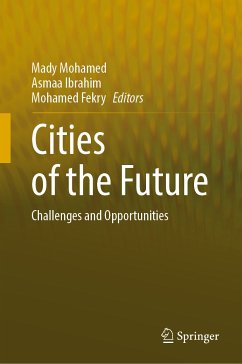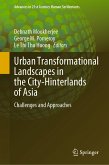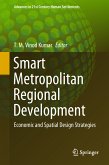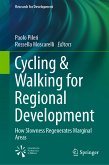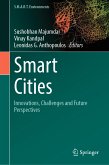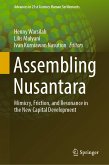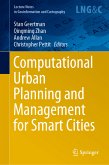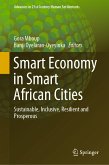This book seeks to address the key challenges and opportunities of "future cities" embracing novel approaches and grounded technologies in pursuing a vision for smart, inclusive cities. The objective of this book is to discuss multiple areas at the local, national, and international levels and how these challenges can hinder the development objectives planned to be achieved by the cities of the future. The chapters featured in this collection were presented at the 6th Memaryat International Conference (MIC 2022), held at the Effat University, Jeddah. MIC's objective is to build bridges between science, technology, and innovation, seen as the key levers of attaining the SDGs.
This book provides the most innovative ideas presented at the conference to address the key manifestation of "future cities" to embrace novel approaches and grounded technologies in the pursue of a vision for smart inclusive cities. It thus represents a platform for diverse contributions from academics and practitioners to present their different perspectives addressed theoretically as well as in practice concerning the challenges and opportunities of future cities. This includes contributions from decision-makers, architects, urban planners, urban designers, entrepreneurs, and educators to stimulate discussion covering the latest on the challenges and opportunities for better future cities in the different domains of architecture, building science and technology, environmental design, mobility & infrastructure, urban design & landscape, housing & real estate developments, urban planning, governance, socio-cultural & economic development, community engagement, tourism and heritage revitalization.
Dieser Download kann aus rechtlichen Gründen nur mit Rechnungsadresse in A, B, BG, CY, CZ, D, DK, EW, E, FIN, F, GR, HR, H, IRL, I, LT, L, LR, M, NL, PL, P, R, S, SLO, SK ausgeliefert werden.

